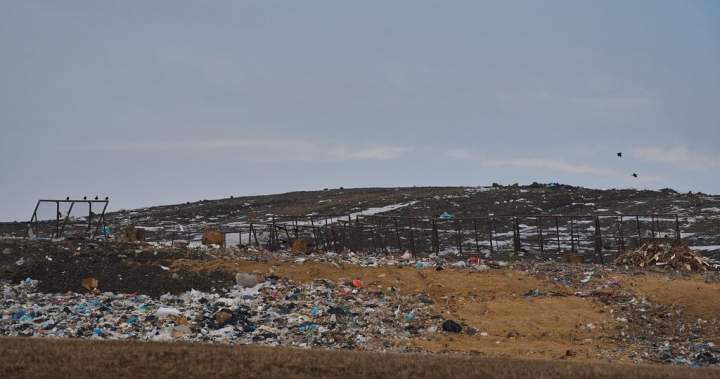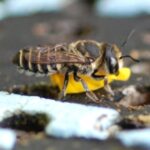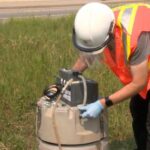The painstaking search for the remains of two Indigenous women at a Manitoba landfill has concluded without recovery, marking a somber milestone in a case that has highlighted Canada’s ongoing crisis of missing and murdered Indigenous women and girls.
After months of careful excavation at the Prairie Green Landfill north of Winnipeg, officials confirmed Thursday that the search for Morgan Harris and Marcedes Myran has ended without locating their remains. The two women, both from Long Plain First Nation, are believed to have been victims of alleged serial killer Jeremy Skibicki, who faces first-degree murder charges in their deaths and those of two other Indigenous women.
“This search represented more than just looking for evidence—it was about dignity, closure, and justice for families who have endured unimaginable pain,” said Grand Chief Cathy Merrick of the Assembly of Manitoba Chiefs at a press conference held in Winnipeg. “While we didn’t find what we hoped for, the effort itself represents a commitment to Indigenous lives that has too often been missing.”
The $20-million search operation began in August after intense advocacy from Indigenous leaders and families overcame initial reluctance from provincial and federal authorities. Specialized teams meticulously combed through approximately 8,500 tons of compacted garbage and debris at the site where police believe the women’s remains were disposed of in spring 2022.
Family members of the victims gathered at the landfill site for a private ceremony Thursday morning, with traditional medicines burned and prayers offered as the search concluded. Cambria Harris, daughter of Morgan Harris, expressed mixed emotions about the search’s conclusion.
“I’m grateful for everyone who fought to make this search happen when we were told it was impossible,” she said. “My mother deserved this effort. All our women deserve this effort. The fact that we even had to fight for this search shows how far we still have to go.”
The case has drawn national attention to the disproportionate violence faced by Indigenous women in Canada. According to Statistics Canada data, Indigenous women and girls are 12 times more likely to be murdered or go missing than other women in Canada—a reality that many advocates describe as a genocide.
The four women Skibicki is accused of killing—Harris, Myran, Rebecca Contois, and an unidentified woman whom Indigenous groups have given the name Mashkode Bizhiki’ikwe (Buffalo Woman)—all disappeared between March and May 2022. Police discovered Contois’ partial remains in a different landfill in June 2022, which eventually led investigators to believe the other women’s remains might be at Prairie Green.
Manitoba Premier Wab Kinew, who supported the search after taking office last October, emphasized that the effort’s value transcends its outcome. “This search demonstrated our commitment that every person deserves dignity in death as in life,” said Kinew, Manitoba’s first Indigenous premier. “The technical challenges were immense, but the moral imperative was clear.”
The search process involved specialized personnel using heavy equipment and hand tools to carefully sort through layers of waste, with protocols developed in consultation with forensic experts, archaeologists, and Indigenous knowledge keepers. Environmental monitors ensured worker safety throughout the operation.
Federal Indigenous Services Minister Patty Hajdu, who helped secure funding for the search, acknowledged the painful conclusion but emphasized its importance. “This search needed to happen, regardless of outcome,” she said. “We cannot build true reconciliation without demonstrating that Indigenous lives and deaths matter to all Canadians.”
Skibicki, who has remained in custody since his arrest in May 2022, is scheduled to stand trial in April 2025. His lawyer has indicated he will plead not guilty to all charges.
As communities process this outcome, attention is turning to broader policy changes needed to address violence against Indigenous women. Advocates are calling for improvements to urban safety, enhanced police responses to missing persons cases involving Indigenous people, and greater support for vulnerable women.
“While this search has ended, our work for justice continues,” said Hilda Anderson-Pyrz, chair of the National Family and Survivors Circle. “We must transform systems that treat Indigenous women as disposable. How many more families must endure this kind of trauma before Canada truly confronts its colonial violence?”

























